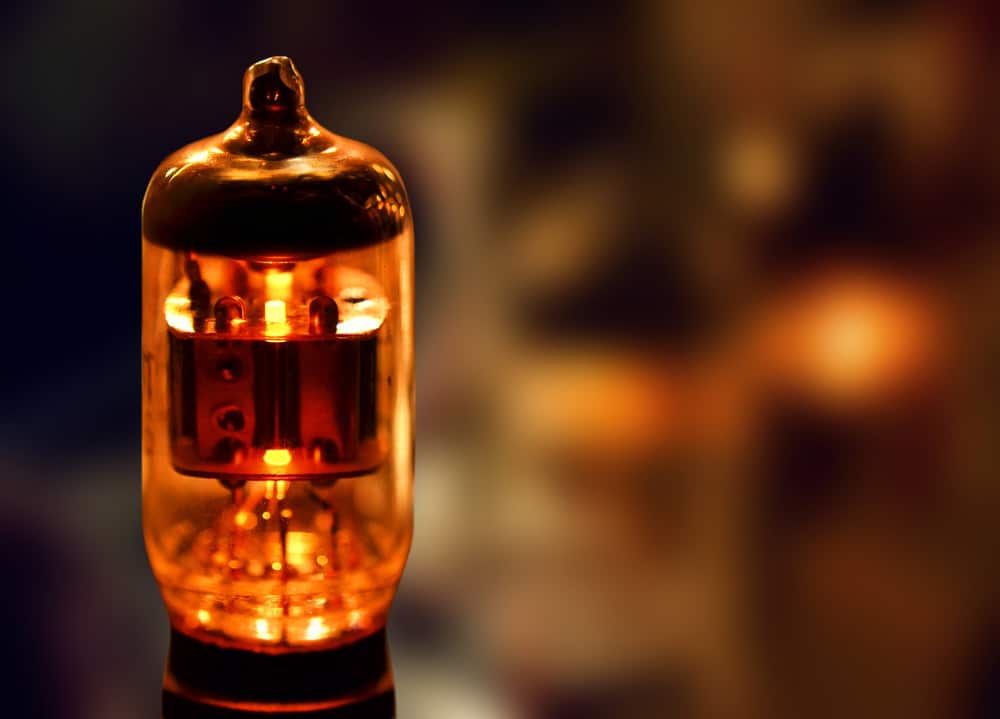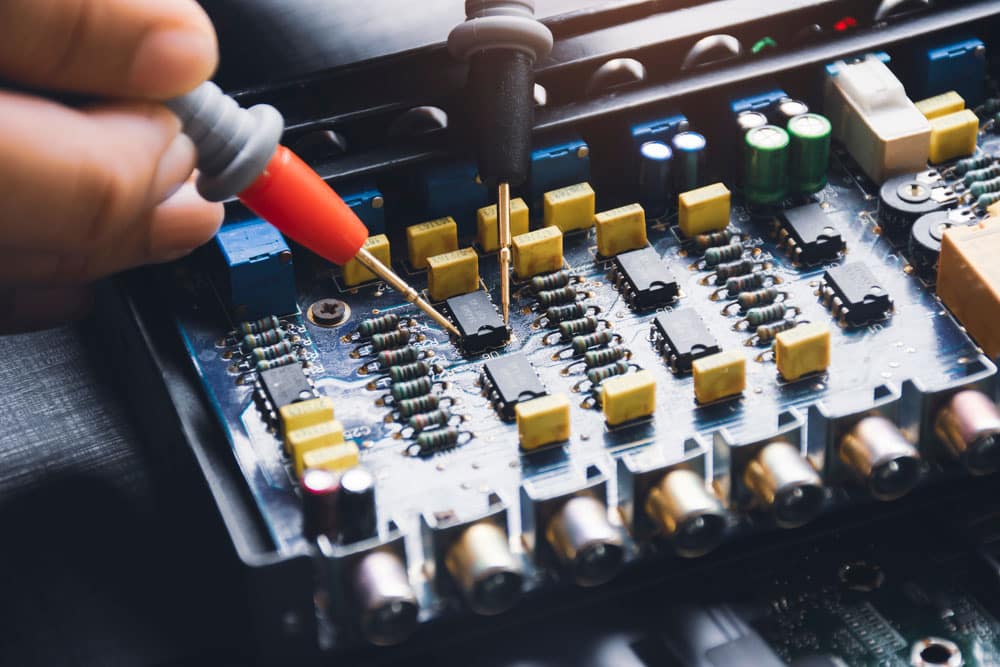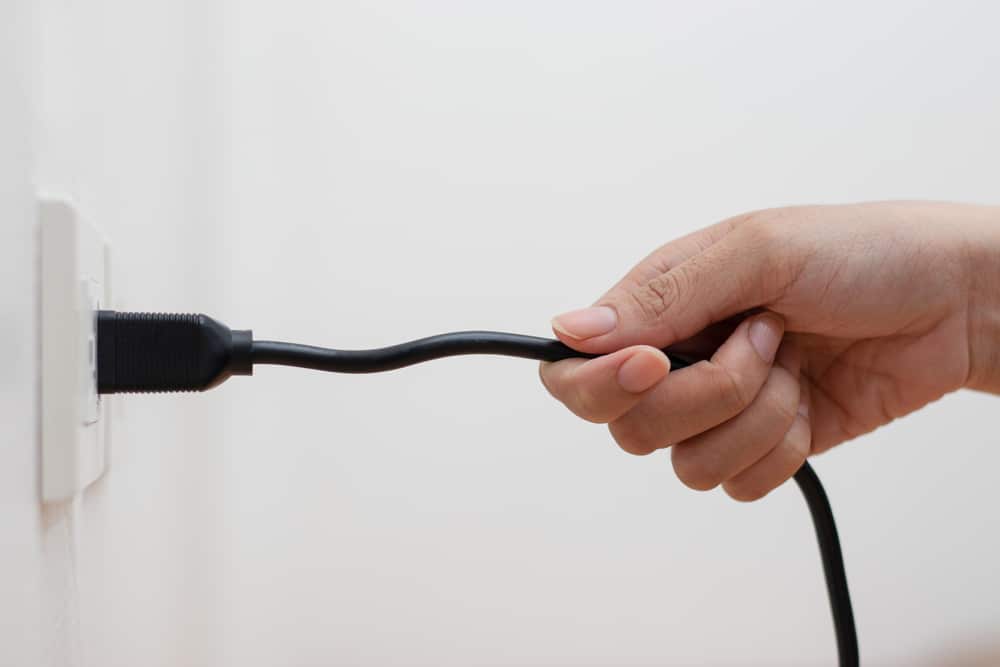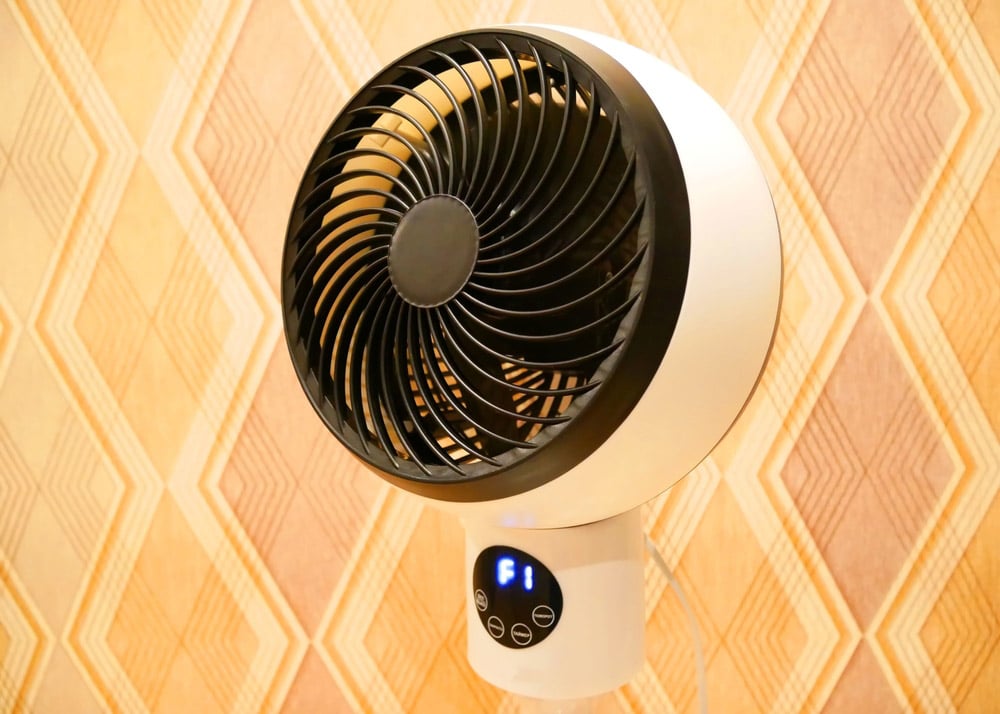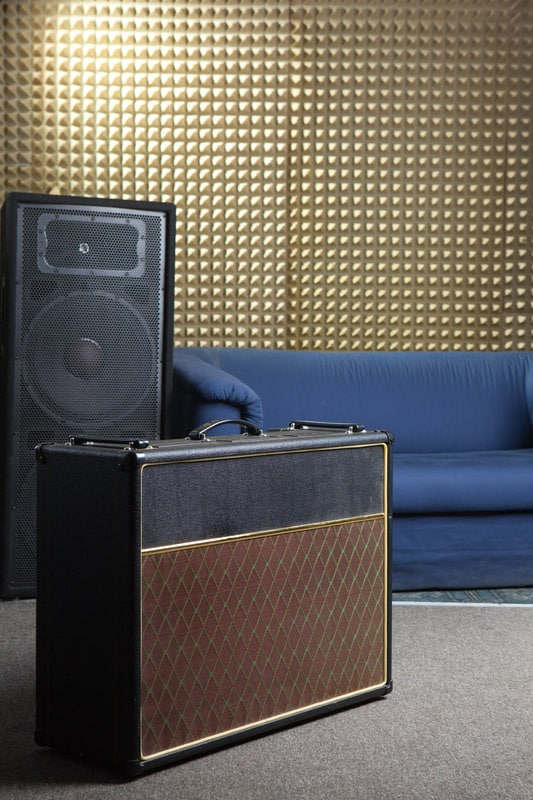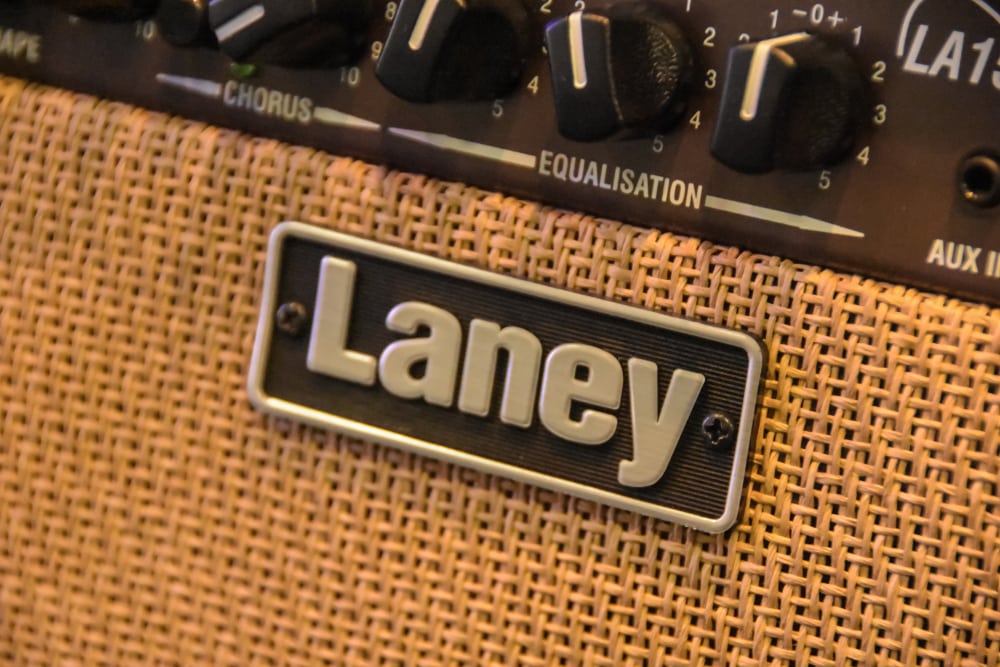
You have the option of purchasing music accessories and other electronic devices from a wide variety of brands. However, in order to ensure that your experience with these products is as hassle-free as possible and that you are able to use them for any musical requirements, you may have.
It is imperative that you make sure you select the brand that is best suited to meet your requirements. In addition to the reasons mentioned above, there are a great deal of more aspects of your decision-making process that call for extreme caution.
When shopping for an amplifier, in particular, you need to exercise extreme caution because the output levels, audio quality, and clarity will be strongly influenced by the amplifier that you select. One of these manufacturers is Laney, which is based in the United Kingdom and produces some of the most powerful amplifiers.
These amps are also fantastic in terms of their utility and the features they include at the same time. One of these models is the Laney Cub 12R, which is a guitar amplifier that uses only tubes and has a power output of 15 watts.
It is excellent in every way, and the fact that it has a 12″ driver means that you can take advantage of a crisp and clear audio experience regardless of the musical style that you choose to play through it.
Having said that, there are also a few frequent difficulties that you might have to confront as a result of using it, and it is imperative that you exercise extreme caution in regard to these concerns. Several of these issues include the following:
How to Fix Laney Cub 12R Problems
You have bought your Laney Cub 12R and have started enjoying it in your music studio. Suddenly you notice that your amp has started making vague sounds and encountering other issues over time. It is very common with such amps to develop some general problems like lower output, no sound, or noise.
Laney Cub 12R’s users have also reported some common issues with this amp. Some of them with their comprehensive solutions are discussed below.
- Output Levels Getting Low
When you are playing the guitar, there may be periods when the output levels are satisfactory; then, all of a sudden, you may have the impression that the output levels are growing a little bit lower.
Even if you turn the amplifier up to its maximum volume setting, the output volume won’t change; it will stay the same throughout the whole volume range. That is likely to provide you with several challenges, and you do not want to put yourself in that position.
The tubes are the most likely source of the issue, and it is possible that the tubes have become overheated as a result. You are going to need to make certain that you have the issue rectified and check on the tubes.
You will need to keep an eye on the temperature and ensure that you are giving the amplifier the breaks it deserves and not using it nonstop to guarantee that you are not experiencing any issues of this nature.
However, if the amplifier has reached its temperature limit, you must immediately turn it off; within a few hours, it should be able to function normally again.
- Crackling Sounds
While you are giving the amplifier a little bit of a rest, it should be cooled down, and you should be able to use it correctly without having to confront any complications associated with overheating it.
However, if the issue is not resolved and you continue to experience lower output levels on the volume, or the music is crackling, and you feel a certain noise coming out of the amp, the tubes may become damaged or misplaced as a result of overheating, which is a problem that needs to be fixed by you.
The issue is not particularly complicated, but you will need to have it fixed correctly and locate a technician who has the necessary experience working with tube amplifiers. You will need to have the tubes properly checked out and diagnosed, and then you will need to have the tubes changed in the correct manner.
That will be of assistance to you in getting rid of all of those troubles, and after that, you won’t have to worry about any other problems at all.
- Not Turning On
Last but not least, a problem that occurs with the majority of older models of amplifiers and that you could have to deal with is that the amplifier will not switch on no matter what you try to do to it. The Laney Cub 12R also suffers from the issue, and there are instances when it will flat-out refuse to switch on when you try to use it.
It is a problem that is primarily associated with the power cord. If the power cord is destroyed for any reason, it is possible that this will lead you to experience the aforementioned issues.
If you have examined the power cable and found it is in working order, you will need to have the power supply unit on the amplifier fully checked out to find the most effective remedy for this issue.
There can be a problem with the power supply unit’s connections; there might be some soldering that’s come loose, or the power supply unit might simply be fried. Because of this, you need to have that serviced by a specialist, and once it is, you will be able to turn on the amplifier as you normally would without encountering any difficulties.
- Overheating
In most cases, this is the result of the increases or input affectability being set at an excessively high level. This problem can also be caused by an impedance that is lower than what the amplifier is tested for (and on account of a lower impedance, it can cause lasting harm).
Make sure that your pickup is not cranked up all the way and that there is at the very least a touch of dial space between the maximum and where it is currently set. Check to see that the speakers are in good working order and that they are hooked to an impedance that the amplifier is able to handle.
If all of the conditions mentioned above have been satisfied, but the amplifier is still operating at an unsafe temperature, the best course of action is to use external cooling fans. These fans perform quite well, and it is recommended to invest in 3-5″ models.
They can be permanently connected to the automobile’s electrical system, and a simple switch can be placed inline to allow the driver to turn them on and off as needed.
- Clipping Sound
Clipping in a home audio system is often caused by either an amplifier that is underpowered or inefficient speakers. In automobiles, difficulties of this nature might be caused by frayed or charred wiring.
If clipping is occurring, the most likely culprit is an amplifier with insufficient power; in this instance, you will need to either update the amplifier or downgrade the speakers. Contrast the power rating of the speaker with that of the amplifier.
If the amplifier provides sufficient power for the task at hand, the issue most likely lies in either the speaker wires, the speakers themselves, or the ground of the amplifier.
The Bottom Line
Whether you are just a music lover or a stage performer, you definitely will definitely be aware of the importance of a good amp in the music system. A properly working amplifier can uplift the whole experience of the music of every kind. On the other hand, your performance will be ruined if your amp isn’t working properly.
If your Laney Cub 12R is having issues, as mentioned above, make sure you follow the right techniques to troubleshoot it. Don’t overstress yourself if you are not able to solve these common issues on your own. You can always contact an expert music technician to get your instrument fixed.

